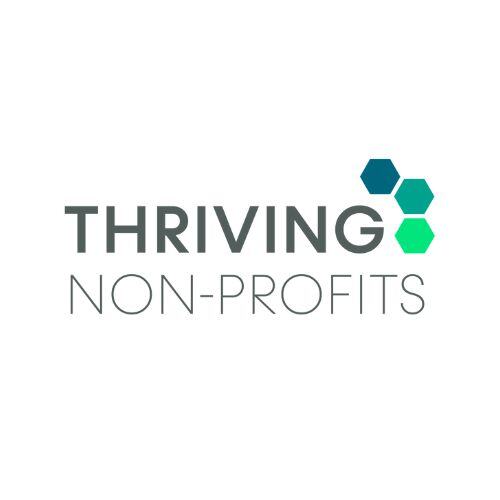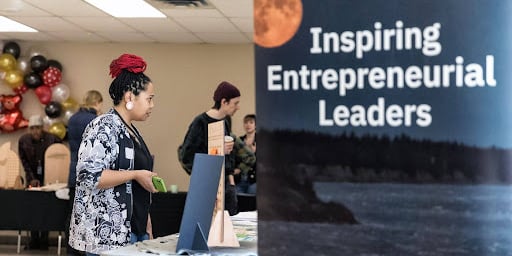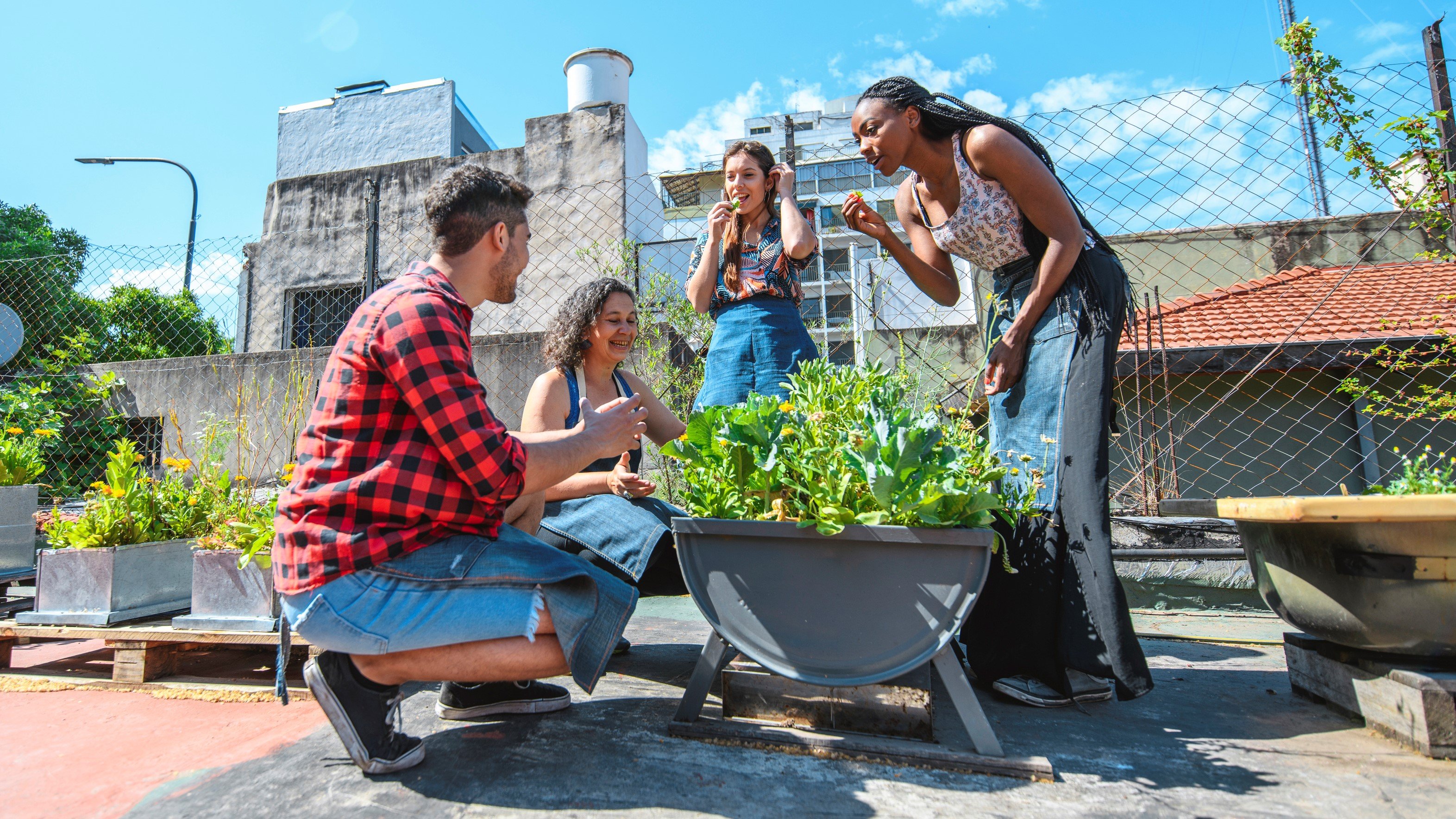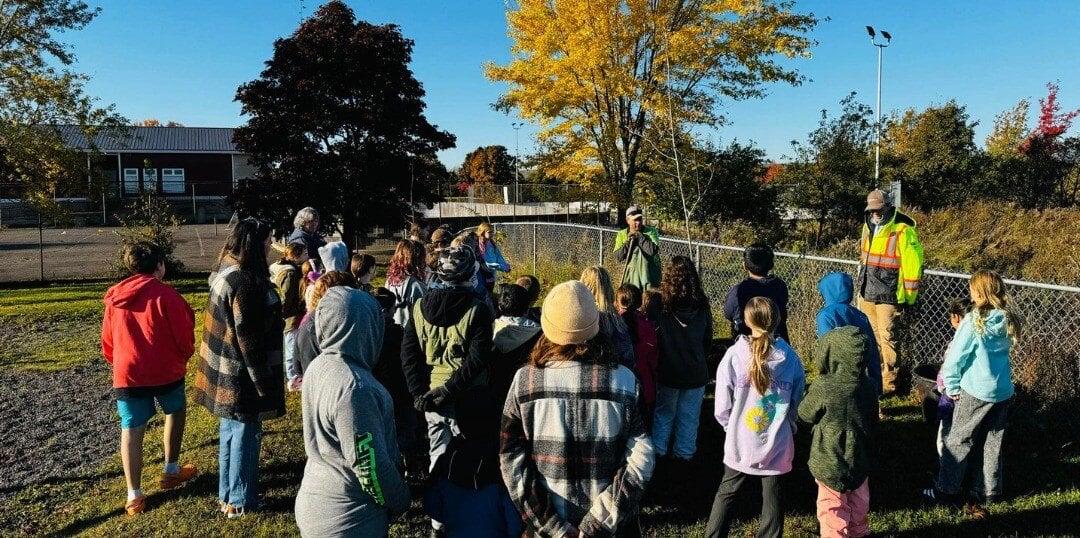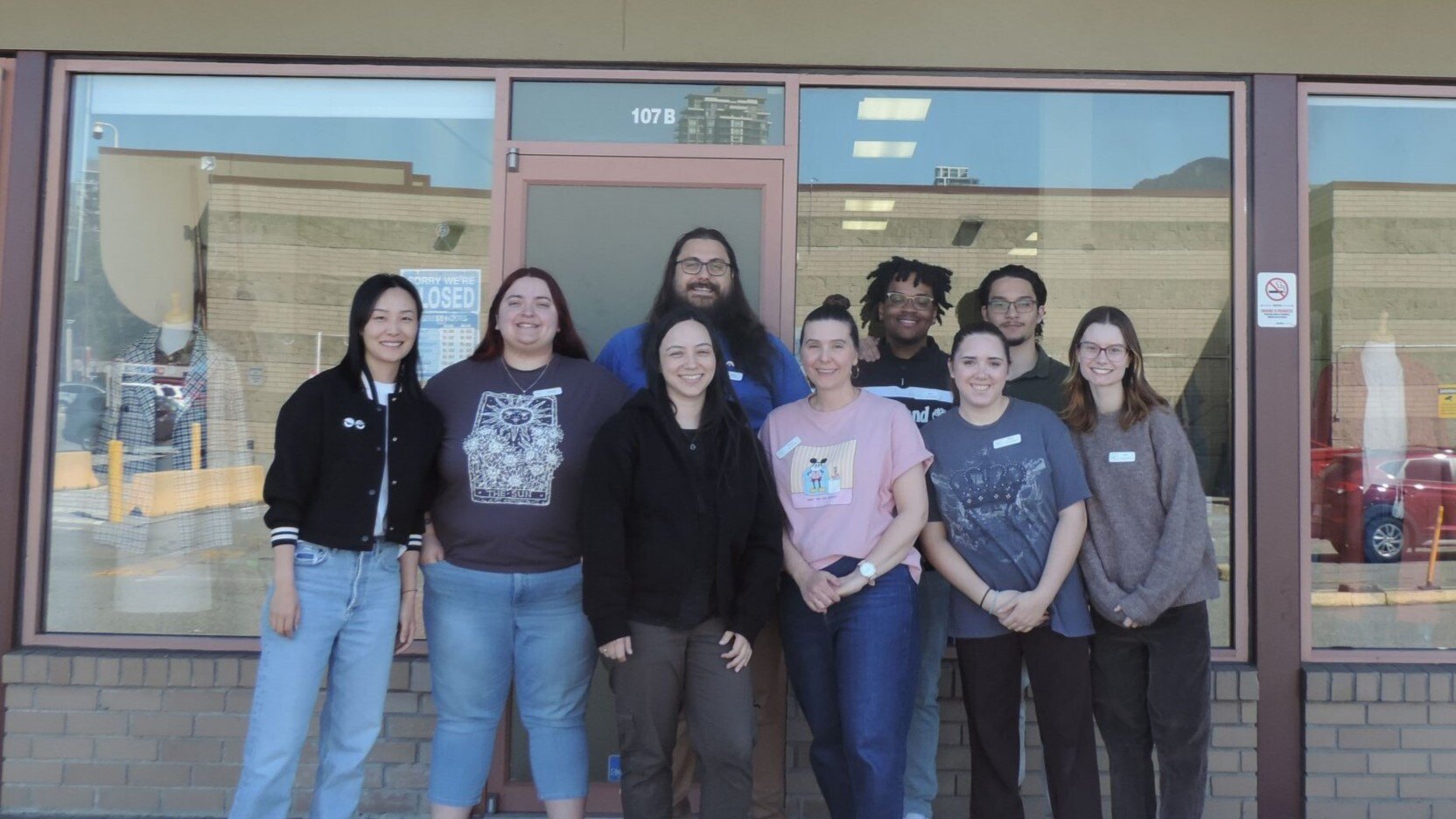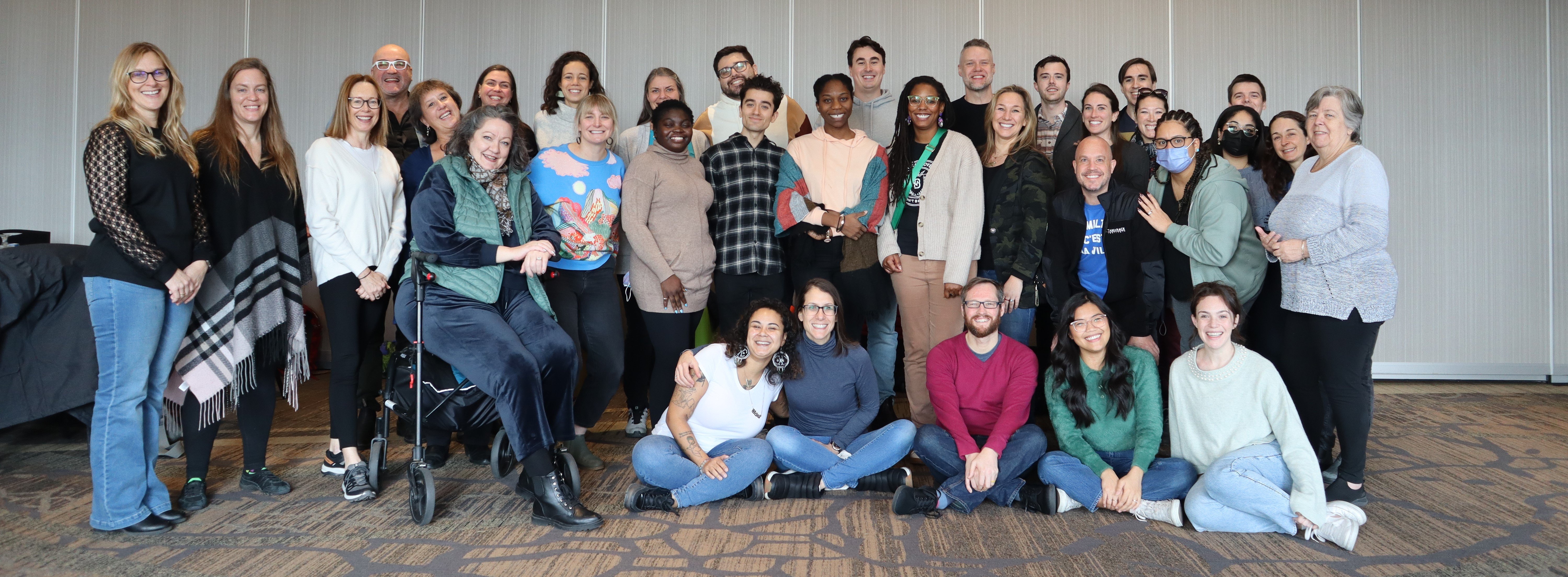Non-profits facing challenges transform through collaborative partnerships for improved sustainability
In today's landscape, non-profits are facing a myriad of challenges, which demand careful navigation and thoughtful responses. Recent impact sector reports underline a significant increase in demand for services. This creates pressures for organizations striving to maintain financial stability amidst funding uncertainties.
Amidst these difficulties, however, lies an opportunity for transformation. There's a growing acknowledgment that current approaches are not sufficient, prompting a call for change within the sector. Non-profits are advocating for shifts in funding models and service delivery methods and looking to earned income, recognizing the necessity for innovative and collaborative solutions.
The power of non-profit collaboration
At the core of this approach lies a belief in the power of collaboration, particularly during times of limited resources. Non-profits are embracing the idea that collective action and creative problem-solving can yield meaningful results, even when faced with challenges. Emphasizing values such as hope, optimism, courage, continuous learning and bravery, organizations are moving forward with determination, aiming to overcome obstacles and drive positive change.
Crucial to this transformative journey are community engagement and collaboration. Non-profits understand that real progress cannot happen in isolation; it requires the active participation of supporting partners at all levels. By prioritizing inclusivity of ideas, action, and collaborations, organizations are laying the groundwork for sustainable impact.
Nurturing the capacity of changemakers
In setting priorities for the future, non-profits are focusing on nurturing the capacity of changemakers within their ranks. Recognizing the pivotal role of supported individuals in driving progress, organizations are investing in leadership development and skill-building initiatives to cultivate the next generation of leaders.
Furthermore, there's a concerted effort to drive large-scale change collaboratively and inclusively. By fostering partnerships across sectors and embracing diversity, non-profits are harnessing collective expertise and resources to address systemic challenges.
Low Entropy
One remarkable non-profit organization that exemplifies transformative action within communities is Low Entropy. The organization was founded on the principles of fostering personal growth and connection and has become a beacon of positive change.
What sets this organization apart is its unwavering commitment to collaboration and community engagement. This non-profit has also made significant strides in establishing thrift stores as part of its mission to create sustainable revenue streams and support its initiatives. They recently opened a second thrift shop to serve the community of Kwikwetlem, colonially known as Port Coquitlam, BC.*
The Immigration Education Society (TIES)
For another shining example of partnerships and community engagement, look at The Immigration Education Society (TIES). TIES recognized a pressing need within their community for accessible and high-quality child education services, especially for families with immigrant backgrounds. In response to this need, TIES took proactive steps to establish child education centres that catered specifically to the unique needs of immigrant families.
Through partnerships with local businesses and donors, TIES secured resources and funding to establish and sustain these education centers. They also actively engaged parents and caregivers in the planning and implementation process, ensuring that the centres reflected the diverse needs and preferences of the community.
While the challenges facing non-profits may seem daunting, they also present an opportunity for growth and innovation. By acknowledging the need for change, prioritizing collaboration, and investing in capacity-building efforts, and revenue diversification, organizations can navigate these challenges with resilience and purpose. As we look ahead, let us embrace the call for collective action and work towards creating a more resilient and inclusive society for all.
*The name Kwikwetlem means Red Fish up the River. It is the Indigenous name for the settlement colonially known as Port Coquitlam, BC.
Cover photo courtesy of Low Entropy.
About Thriving Non-Profits
Join 100s of other leaders who have created a shift in their organization with the Thriving Non-Profits program. Prioritize developing a culture of collaboration and innovation, transforming your organization with new approaches that can grow your programs, support your team, and increase your impact in the community.
Connect with Us:
Thriving Non-Profits Community
Thriving Non-Profits newsletter
Find Thriving Non-Profits on LinkedIn, Facebook, and Instagram


